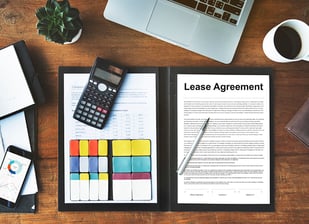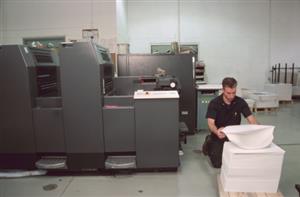
Equipment leasing has been around for decades however many business owners still do not fully understand the pros and cons of these types of transactions. With many industries growing aggressively since coming out of COVID shutdowns and slowdowns, equipment leasing is a popular way to reduce excess working capital needed to acquire these assets.
So, what else should you be aware of before you sign a new lease agreement? Here are a few thoughts to consider:
I read an article from a major business publication posted earlier this year that claimed a company owns the equipment after the lease expires. This statement is very misleading and essentially untrue on many levels.
First, it depends on the type of lease you enter into. Most lease agreements include a purchase option of some type which must be exercised by the business in order to gain title or ownership. Certain lease contracts have a nominal purchase option, (as low as $1) at expiration however, these have to be treated as loans on your company’s books since there is a requirement that purchase options fairly represent the future value of the equipment to gain the off-balance sheet accounting benefits you would prefer to have.
More typically, purchase options are stated as a fixed percentage of the original purchase price, commonly in the 10-20% range, depending on the lease term, or based on the fair market value of the assets. If the options are not exercised at lease expiration in a timely fashion, the owner (Lessor) can compel you to return the equipment or continue to lease it for an extended period.
Make sure you carefully read the purchase option language before signing and determine if it makes sense based on your present and future plans. Track the lease internally and consider what you need to exercise at least 6 months in advance of expiration. Notify the Lessor as required to keep the original terms in place. It is easy to fall into a situation where you forget to respond as time goes by, and are put in a low-leverage situation with limited, undesirable options left.
An equipment lease is a great way to keep assets off your balance sheet as well as the associated debt which can make your company look highly leveraged. Instead, your business can treat the lease payments as an annual expense that can be written off. Depending on the type of lease you enter into, your accounting factors may vary, so ensure you consult with your tax accountant before finalizing lease terms.


